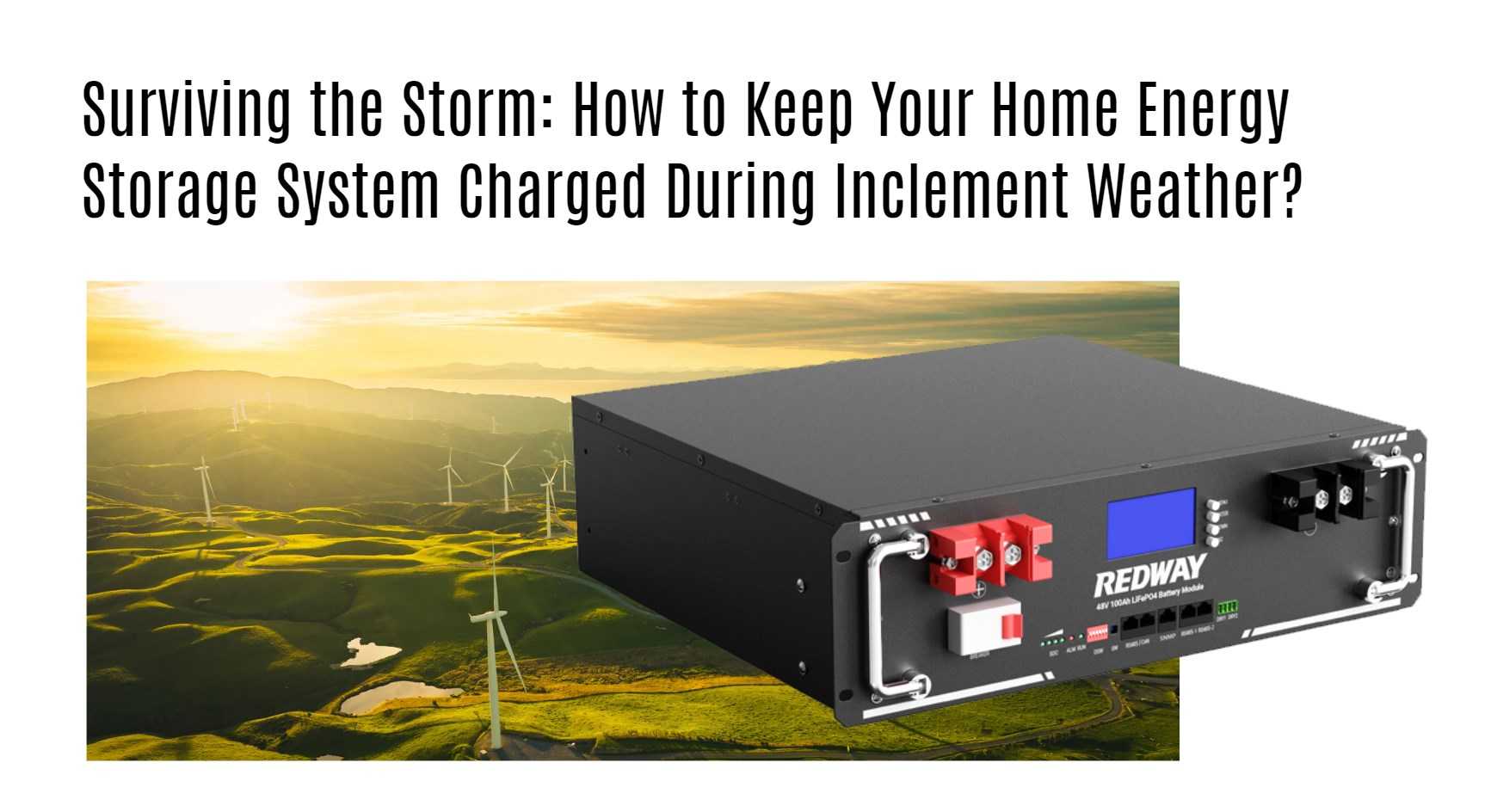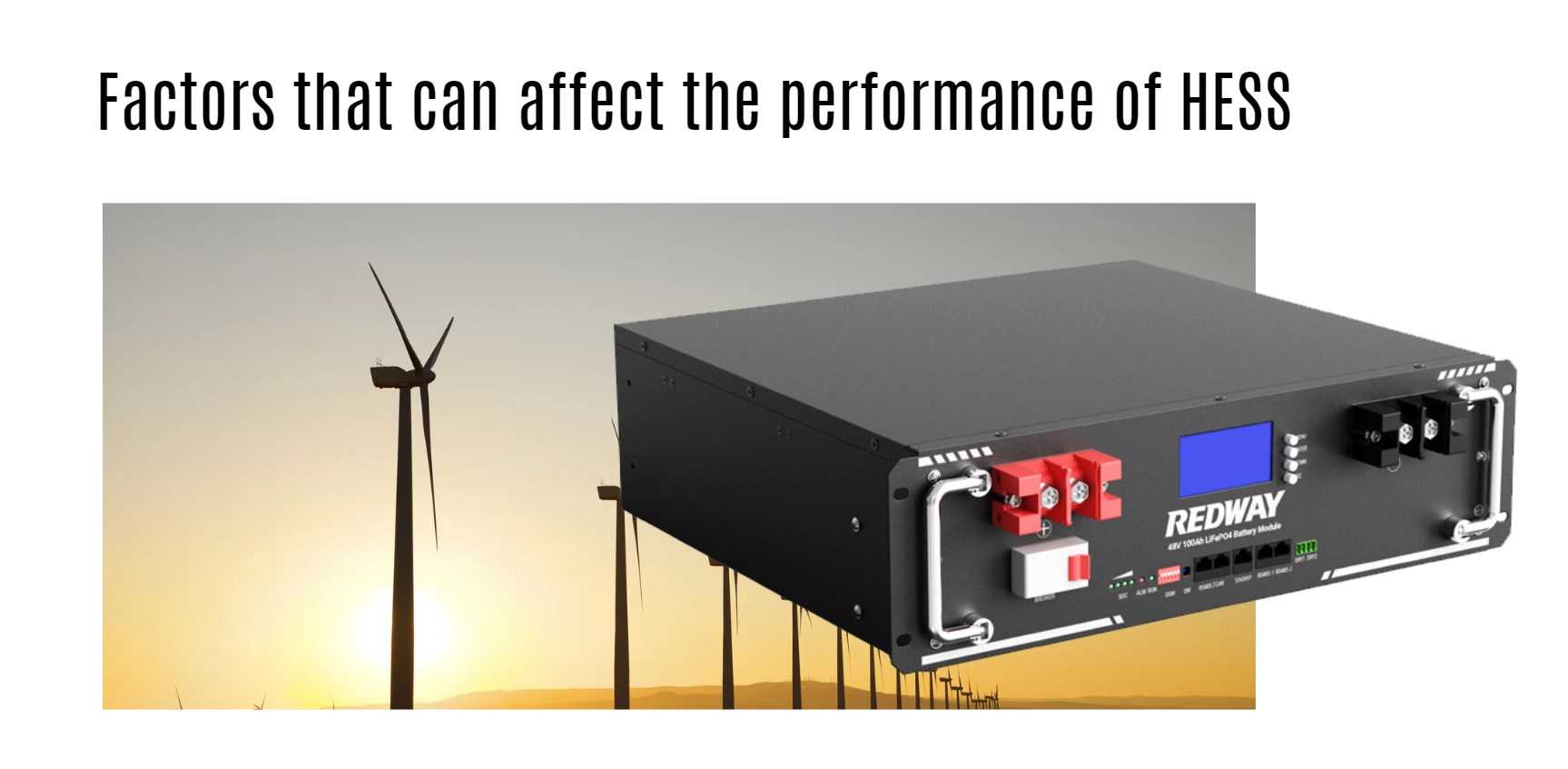As the adoption of renewable energy sources becomes more prevalent among homeowners, the importance of an efficient Home Energy Storage System (HESS) cannot be overstated. Homeowners are increasingly relying on HESS to store excess energy generated by renewable sources, such as solar panels, wind turbines, and hydroelectric generators. These systems ensure a continuous power supply, particularly during periods of inclement weather when renewable energy production may be low. This comprehensive guide provides detailed insights on maintaining and optimizing HESS performance during adverse weather conditions.
Charging Methods for Home Energy Storage Systems
Ensuring your HESS remains charged during inclement weather is crucial for maintaining a stable power supply. Here, we explore several methods to achieve this goal effectively.
Grid Power
Connecting your HESS to the grid allows for battery charging during periods of low renewable energy production. A smart charging system monitors both renewable energy availability and household power demand, ensuring efficient battery management. Although this method can lead to higher energy costs due to varying electricity rates, it provides a reliable backup during energy shortages.
Backup Generators
Backup generators serve as an alternative charging source for HESS during prolonged power outages or extremely low renewable energy production. These generators, powered by fuels such as gasoline, propane, or natural gas, can provide a robust solution for maintaining battery charge. However, the initial cost and ongoing maintenance can be significant, making this option more suitable for areas with frequent power disruptions.
Combination of Renewable Energy and Grid Power
Some advanced HESS are designed to utilize both renewable energy sources and grid power for charging. Equipped with smart charging technology, these systems automatically switch between available power sources based on current energy production and household demand. This hybrid approach ensures optimal battery charging efficiency, even during unpredictable weather conditions.
Key Factors Affecting HESS Performance
Several critical factors influence the effectiveness of HESS, particularly during inclement weather. Understanding these factors can help in optimizing system performance and ensuring a reliable energy supply.
Battery Capacity
The capacity of your HESS battery is a primary determinant of how much energy can be stored and subsequently used. Selecting a battery with an appropriate capacity based on your energy consumption needs and the size of your renewable energy system is essential. A larger capacity battery provides more extended power supply during periods of low energy production but may also incur higher costs.
Energy Demand
The rate at which your household consumes energy directly impacts how quickly the stored energy is depleted. To maximize HESS efficiency, it is vital to adopt energy-saving practices, such as using energy-efficient appliances and lighting, and minimizing unnecessary power usage. Reducing overall energy demand prolongs the usability of stored energy during adverse weather.
Maintenance
Regular maintenance of your HESS ensures optimal performance and longevity. Key maintenance activities include inspecting and cleaning the battery, checking electrical connections, and monitoring the system’s overall performance. Proper maintenance can prevent potential issues and improve the system’s efficiency, especially during periods of high demand or low renewable energy production.
Recommendations for Enhancing HESS Efficiency
To further enhance the performance of your HESS, consider the following recommendations:
- Energy Audits: Conduct regular energy audits to identify and eliminate inefficiencies within your household.
- Smart Home Integration: Integrate your HESS with smart home technologies to automate energy management and optimize usage.
- Weather Forecast Integration: Use weather forecast data to predict periods of low renewable energy production and pre-charge your HESS accordingly.
- Scalable Battery Systems: Invest in scalable battery systems that allow for capacity expansion as your energy needs grow.
Conclusion
Home Energy Storage Systems play a pivotal role in ensuring a stable and efficient energy supply for households relying on renewable energy sources. By understanding and implementing effective charging methods, maintaining the system diligently, and optimizing energy consumption, homeowners can maximize the performance of their HESS even during inclement weather. As renewable energy technology continues to evolve, staying informed and proactive in energy management will be key to harnessing the full potential of home energy storage solutions.
Home energy storage systems can be an effective way for homeowners to reduce their dependence on the grid and lower their energy bills, while also reducing their carbon footprint. During periods of no-good weather or low renewable energy production, HESS can be charged using a variety of methods.





